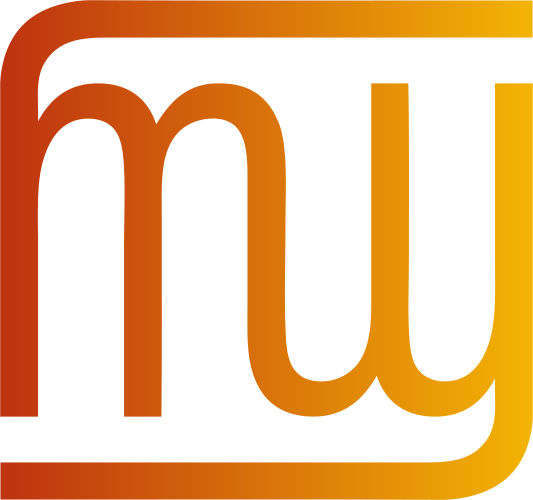
The W3C Internationalization (I18n) Activity works with W3C working groups and liaises with other organizations to make it possible to use Web technologies with different languages, scripts, and cultures. From this page you can find articles and other resources about Web internationalization, and information about the groups that make up the Activity. Read also about opportunities to participate and fund work via the new Sponsorship Program.
What the W3C Internationalization Activity does
Selected quick links
Selected quick links
Selected quick links
New translation into Romanian
Introducerea seturilor de caractere si a codificarilor (Introducing Character Sets and Encodings)
This article was translated into Romanian thanks to Sorin Velescu.
New translation into Brazilian Portuguese
Thanks to Maurício Samy Silva, the following article has been translated into Brazilian Portuguese.
Uso dos elementos b e i (Using b and i elements)
New translation into Romanian
Thanks to Sorin Velescu, the following article has been translated into Romanian.
Alegerea Tag-ului de Limba (Choosing a Language Tag)
CLDR 1.9 Collation Changes proposed
The Unicode CLDR committee is making Unicode locale-sensitive collation a major focus for the next release, CLDR 1.9. There are specific changes for a large number of languages, plus a change in the default ordering of punctuation vs symbols for all languages.
See the background document for more information:
http://www.unicode.org/review/pr-175.html
If you have any feedback on any of the actions, please contact the Unicode Consortium as described in the background document.
Review period for this issue closes on October 1, 2010.
New translations into Spanish
Thanks to the Trusted Translations, Inc., the following articles have been translated into Spanish.
Codificación de formularios plurilingües (Multilingual form encoding)
Dirección del sistema de escritura e idiomas (Script direction and languages)
For review: 7 new and 3 updated articles about character encoding
Comments are being sought on the following new articles prior to final publication:
- Handling character encodings in HTML and CSS
- Essential definitions related to character encodings
- Choosing & applying a character encoding
- Character encoding declarations in HTML
- The byte-order mark (BOM) in HTML
- Normalization in HTML and CSS
- Characters or markup?
These articles have been derived from the former tutorial, which has already undergone a review. Since then, HTML5 has been brought to the fore in the articles and various small changes have been added, including some short summary information.
The three updated articles are the result of merging the tutorial material with existing articles. They are:
The character encoding section of the techniques page relating to HTML and CSS authoring has also been overhauled, to include the new material.
Please send any comments to www-international@w3.org (subscribe). We hope to publish a final version in one to two weeks.
W3C Workshop, Call for Participation: The Multilingual Web – Where Are We?
26-27 October 2010, Madrid. Hosted by the
Universidad Politécnica de Madrid.
The MultilingualWeb project is looking at best practices and standards related to all aspects of creating, localizing and deploying the Web multilingually. The project aims to raise the visibility of existing best practices and standards and identify gaps. The core vehicle for this is a series of four events which are planned for the coming two years.
As the first of the four events, this workshop will survey currently available best practices and standards aimed at helping content creators, localizers, tools developers, and others meet the challenges of the multilingual Web.
Participation is free. We welcome participation from both speakers and non-speaking attendees. For more information, see the Call for Participation
Last Call draft for Unicode Locale extension published by IETF
In addition to providing the basis for language identification on the Web, BCP 47 language tags also are used to control language and culturally specific APIs on many systems. Based on work done by the Unicode Consortium, the proposed Language Tag Extension ‘U’ provides additional subtags that can be used to refine locale-based details such as calendar, sort order, and other locale details.
More information on Unicode Locales is available at the Unicode CLDR website or in UTS #35, LDML.
New translations into Hindi
Thanks to the DirjeWelry, the following have been translated into Hindi.
(X)HTML पृष्ठ को UTF-8 एन्कोडिंग में बदलने के लिए (Changing (X)HTML page encoding to UTF-8)
दस्तावेज़ वर्ण सेट (Document character set)
New translations into Spanish
Thanks to the Spanish Translation Team, Spanish Translation US, the following articles have been translated into Spanish.
Creación de páginas HTML en árabe, hebreo y otros sistemas de escritura de derecha a izquierda (Creating HTML Pages in Arabic, Hebrew and Other Right-to-left Scripts)
Qué debe conocer acerca del algoritmo bidi y las etiquetas en línea (What you need to know about the bidi algorithm and inline markup)
Caracteres de control Unicode en contraposición a las etiquetas para compatibilidad bidi (Unicode controls vs. markup for bidi support)
W3C® liability, trademark and permissive license rules apply.
Questions or comments? ishida@w3.org